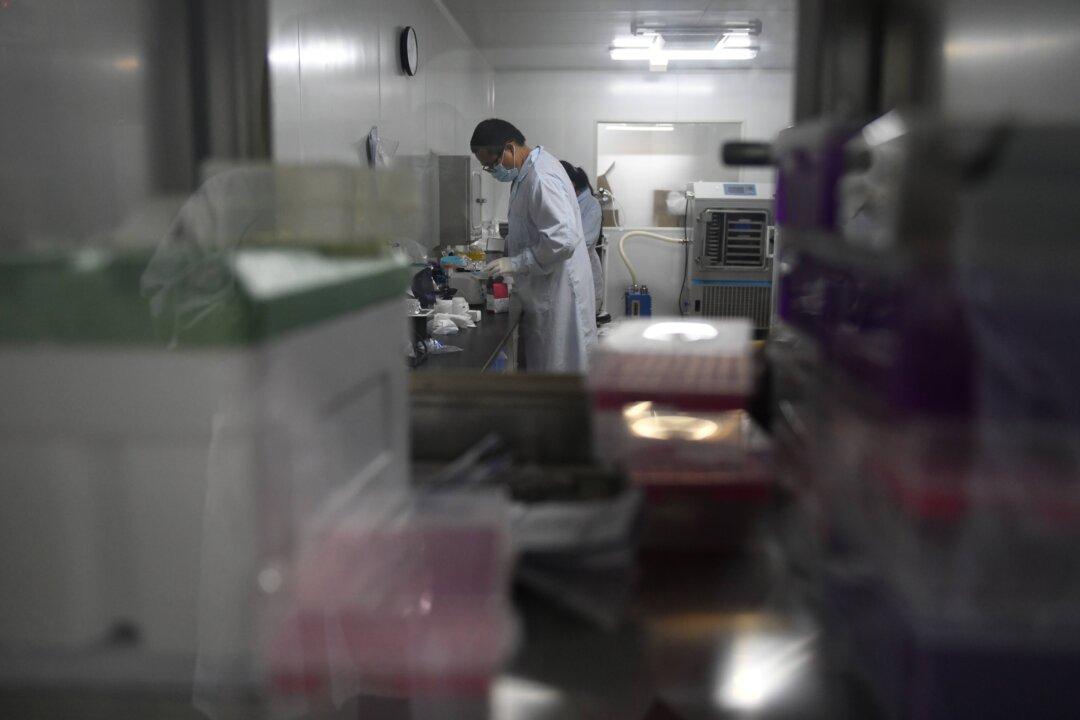News Analysis
A growing number of biotech, genomics, and medtech firms with ties to the Chinese Communist Party (CCP) are operating in the United States, raising concerns about medical and genetic data security.

A growing number of biotech, genomics, and medtech firms with ties to the Chinese Communist Party (CCP) are operating in the United States, raising concerns about medical and genetic data security.